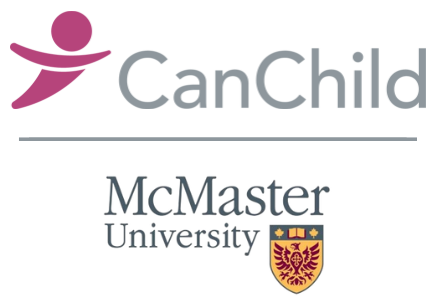The purpose of this pilot study is to translate the Dutch educational Board game “SeCZ TaLK” into English, validate its use across cultures, and evaluate how useful it is and how it is used by youth with childhood-onset disabilities or ongoing (chronic) health conditions in Canada. “SeCZ TaLK” (SeCZ is a Dutch acronym for Sexuality and Chronic Conditions) is a promising and attractive educational tool from both adolescent and professional perspectives.
In line with the UN Convention on the Rights of the Child, all children and youth should have access to education and guidance about one’s sexual health. Review of the available literature suggests that young people with disabilities are similar to those without disabilities in terms of their desire for intimacy, and may not lag far behind their typically developing peers in terms of sexual experiences. However, it has been shown that youth with disabilities do not get as much information about their sexual health. “Protecting” youth with childhood-onset disabilities or ongoing (chronic) health conditions from educational opportunities regarding their sexual health has been shown to actually lead to higher rates of sexual abuse. Additionally, while sexual health education interventions are seen as an appropriate strategy for promoting healthy sexual development in adolescents, many professionals have reservations in discussing sexual health with patients. Furthermore, sexual health is rarely addressed during medical consultations with adolescents who have disabilities or ongoing (chronic) health conditions. For these reasons, there is a need for pilot studies such as “Let’s Talk About Sex” to identify promising educational tools in regards to sexual health.
Outcomes of this project include a new English language trial version of “SeCZ TaLK” and an evaluation of its use by youth and facilitators. The project team consists of an international collaboration between CanChild, The McMaster Children’s Hospital and Rotterdam University in the Netherlands. The collective research, educational, and clinical experience from this group has the ability to provide leadership in sexual education for youth at risk of negative future developments in relationships and sexual health.
Research Team
- Dr. Jan Willem Gorter
- Ruth Bolton
- Karen Margallo
- Deb Stewart
- Laurie Horricks
- Heleen van der Stege
- Dr. Natasha Johnson
- Andrea Morrison
- Dr. Diana Wiegerink
Resources
Does disability dampen teen sexuality? No! doctors say
Wiegerink DJ, Stam HJ, Gorter JW, Cohen-Kettenis PT, Roebroeck ME; Transition Research Group Southwest Netherlands. Development of romantic relationships and sexual activity in young adults with cerebral palsy: a longitudinal study. Arch Phys Med Rehabil. 2010 Sep;91(9):1423-8.
